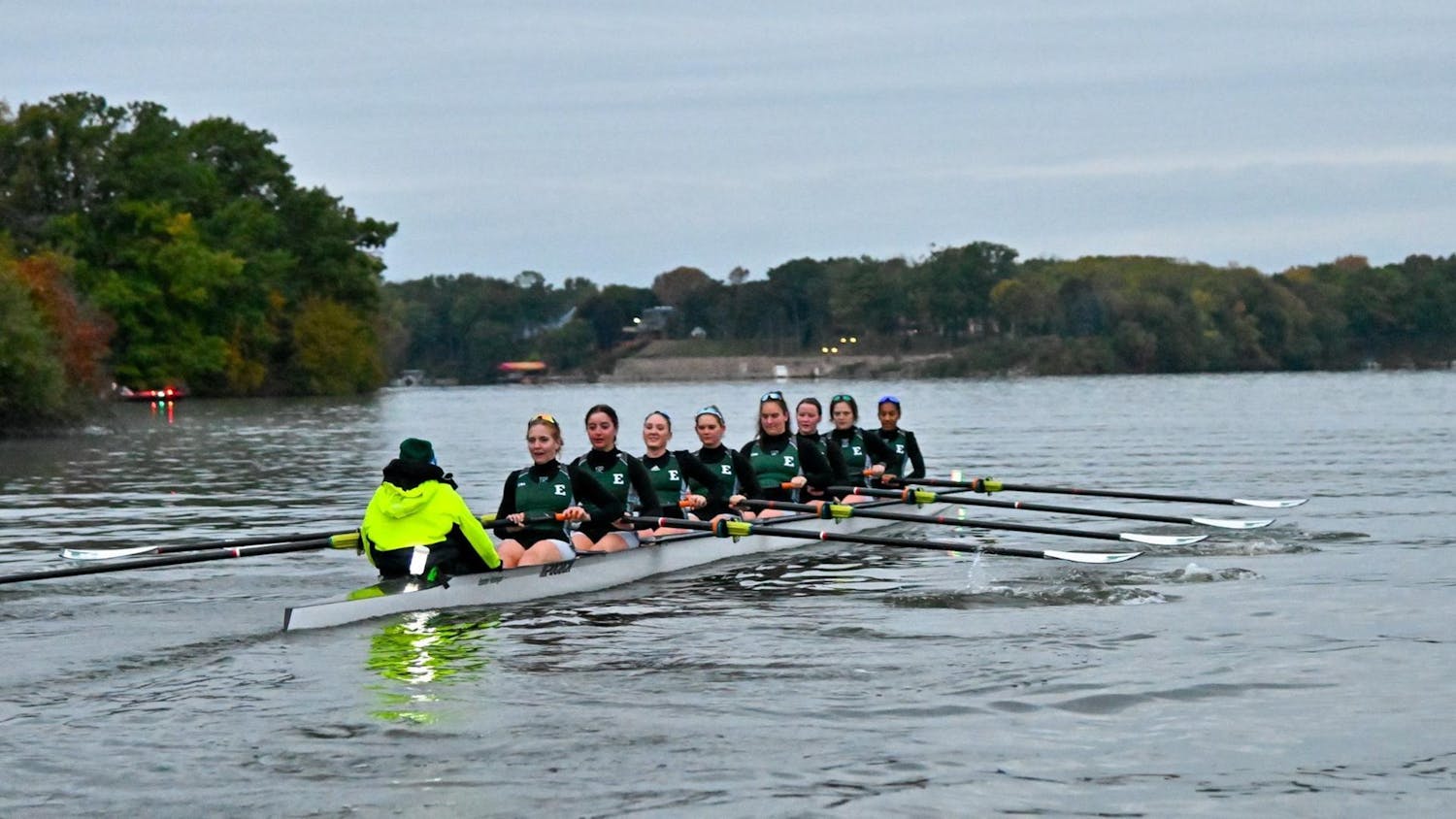The lecture “Haunting the Edges of Social Justice: Disability Across Movements” which touches on how disability relates to social movements and social justice was presented by Alison Kafer, PhD, professor of feminist studies at Southwestern University in Georgetown, Texas on Thursday, March 17 in Halle Library.
Kafer, who teaches feminist, environmental, and race and ethnicity studies said that she hopes that her lecture will teach people to look at disability in a new way and get more involved in activism.
“I want students to think about disability in relation to other movements, gain new strategies to do cross movement work and think about disability as a political category that has effects on people’s lives,” she said. “Many students are interested in social justice, I hope that conversations like this foster social activism.”
Kafer explained how all of these fields can work together and learn from each other. She said that they all involve imagining better and equality driven futures. She spent time reading from her book “Feminist, Queer, Crip”. In the book, she looks at the works of activists and theorists who imagine futures with disability.
She also read an excerpt from an essay by feminist theorist and writer Audrey Lorde titled “Age, Race, Class, and Sex: Women Redefining Difference”. In the essay, Lorde calls on feminists to recognize the difference among women and the way those differences have material affects.
Following this, she explained how the more evolved society becomes, the more those with disabilities are frowned upon. She said that increasing the presence of disabled people in public does not guarantee acceptance or inclusion of them, but we need to imagine futures where marginalized people are included.
She also discussed what constitutes an accessible space that can create an environment where everyone is comfortable. She gave the example of the how some places, such as restaurants, are not a place for an animal and when animals are present, such as a service dog of a blind person, people become uncomfortable. This is one way that society needs to learn to be more accepting and comfortable of those with disabilities.
She looked at how the presence of disability studies courses on campuses can be used to make accessible buildings that are designed for all students. Students, staff and faculty may need specific accommodations to strive. She said that disability studies programs can be used to rethink ideas about time, attendance, performance, and coherence.
The growth of the field can coincide with the growth in access for all people. She mentioned how Eastern Michigan University has the Disability Resource Center to create an inclusive educational environment for students by accommodating their needs. The university is also developing a disability studies minor.
Jessi Quizar, an old friend of Kafer’s, found the lecture very insightful.
“It was a really amazing conversation, it’s beautiful how Allison thinks through disability studies as a form of deep solidarity,” she said. “It’s awesome that EMU is starting a disability studies minor. Having intense conversations about what we need and having to listen seriously and respond seriously to that. That being a practice will benefit us all.”
David Langstaff, who heard about the lecture from Liat Ben-Moshe, PhD, assistant professor of disability studies from the University of Toledo, enjoyed hearing new ideas on how different movements can work together for a better future.
“It was powerful imagining beyond our current ablest society towards a world in which all bodies and minds are recognized as valuable and beautiful,” he said. “I appreciated the concrete suggestions about how we can put disability justice into practice.”








